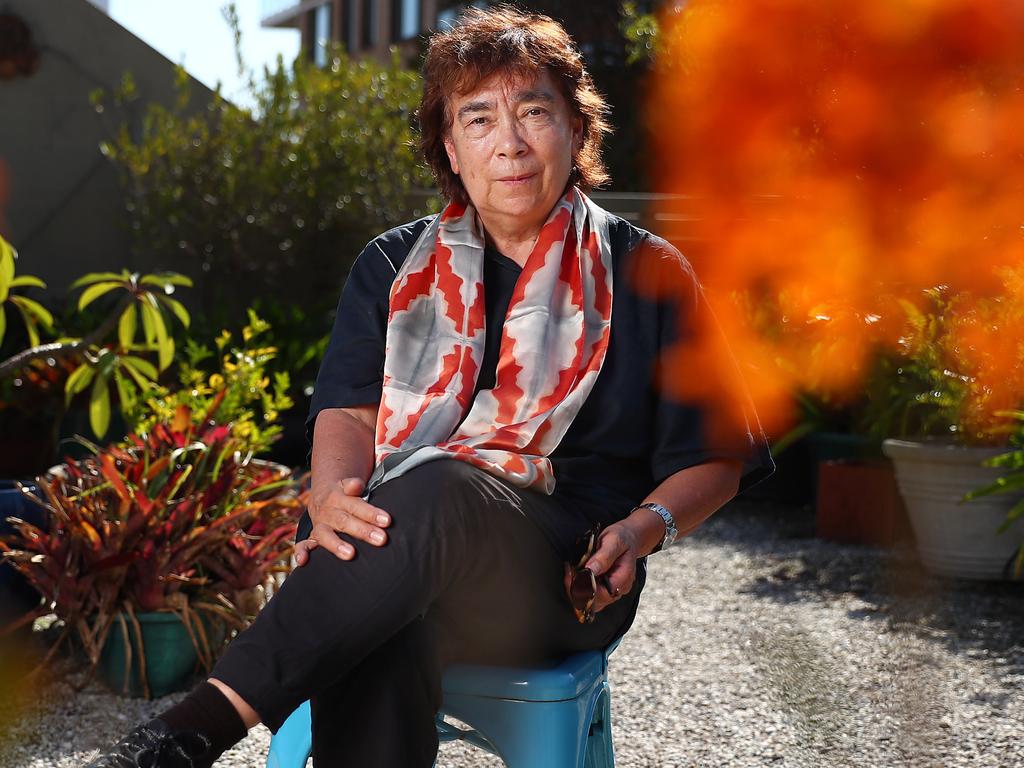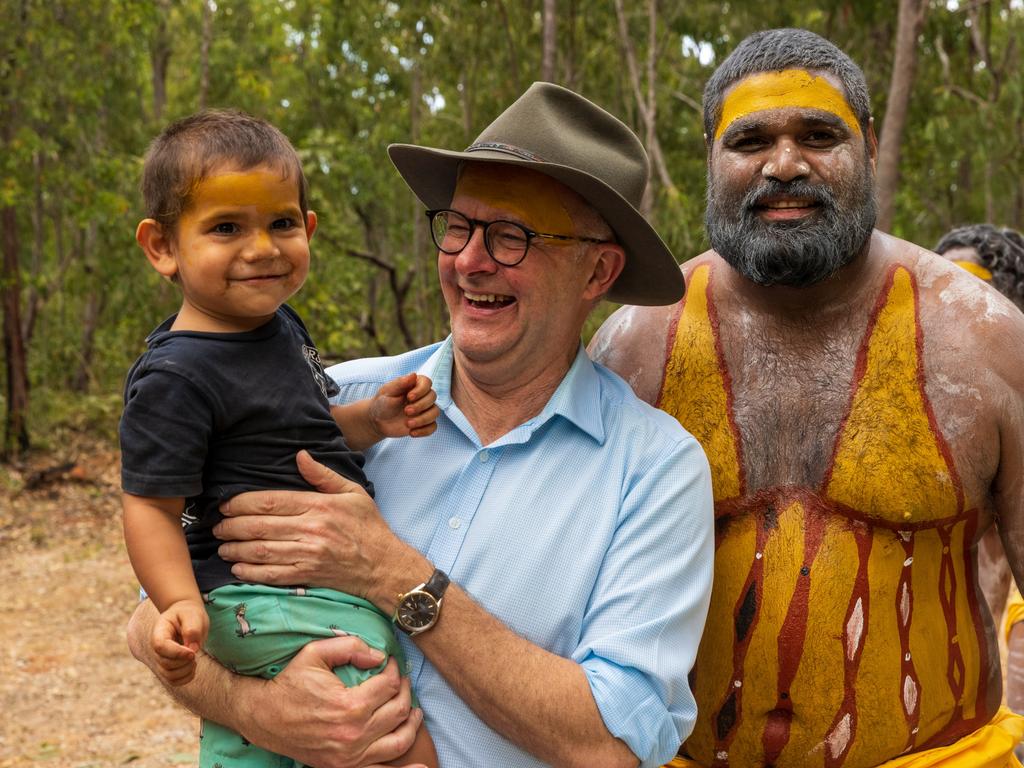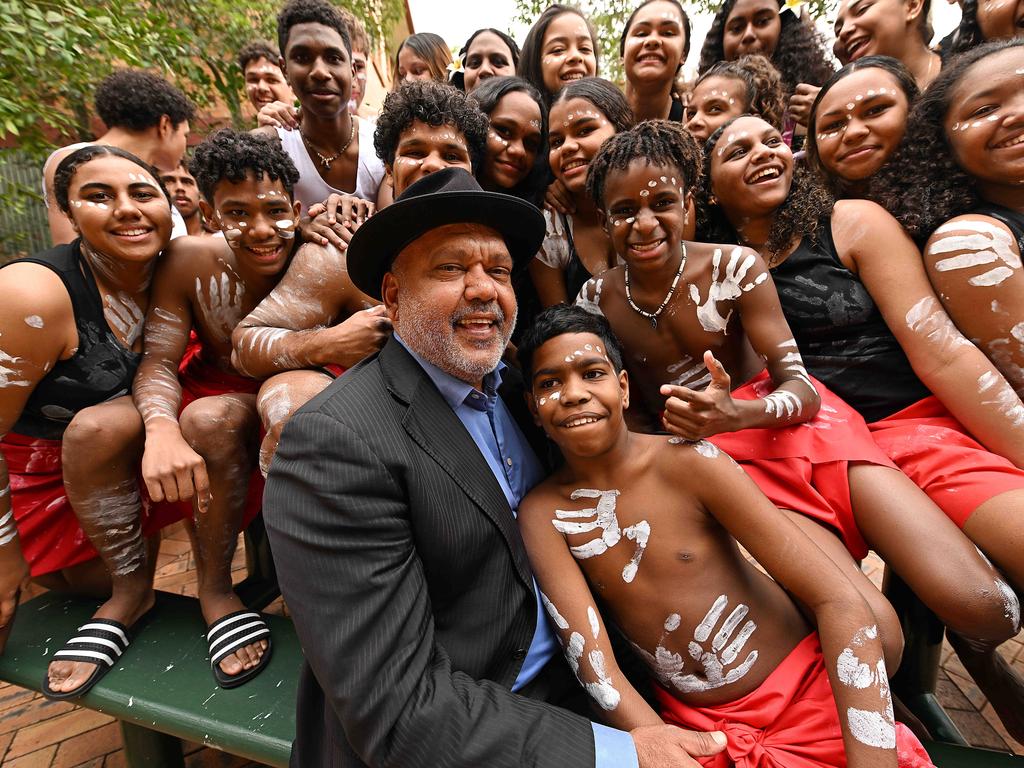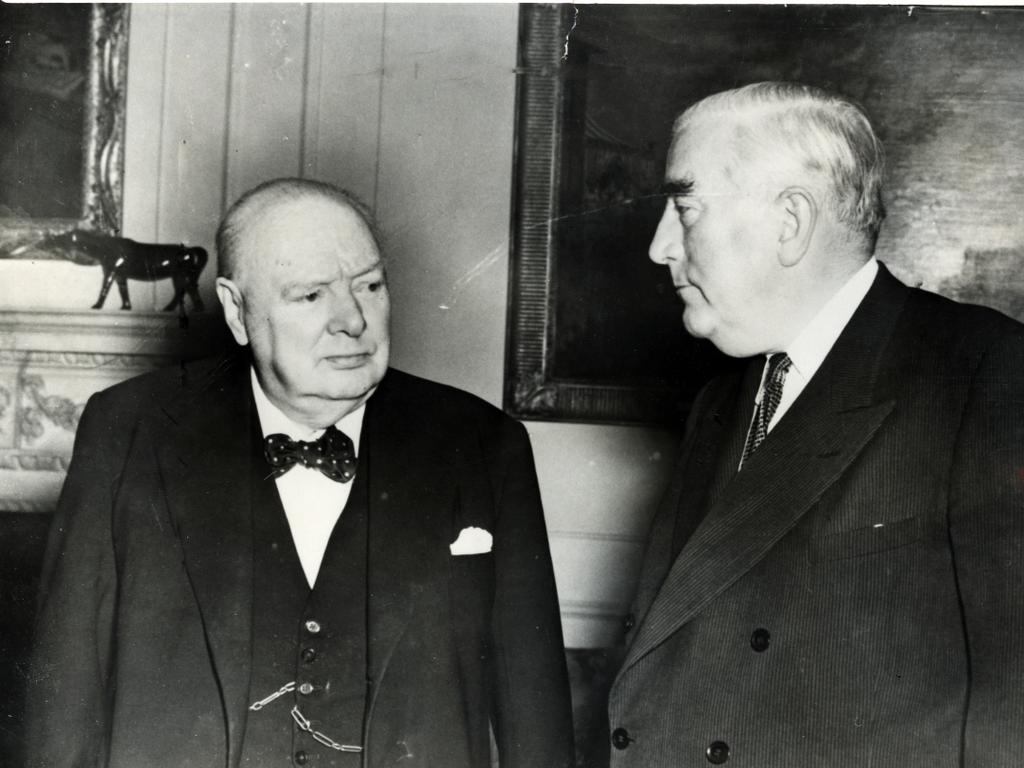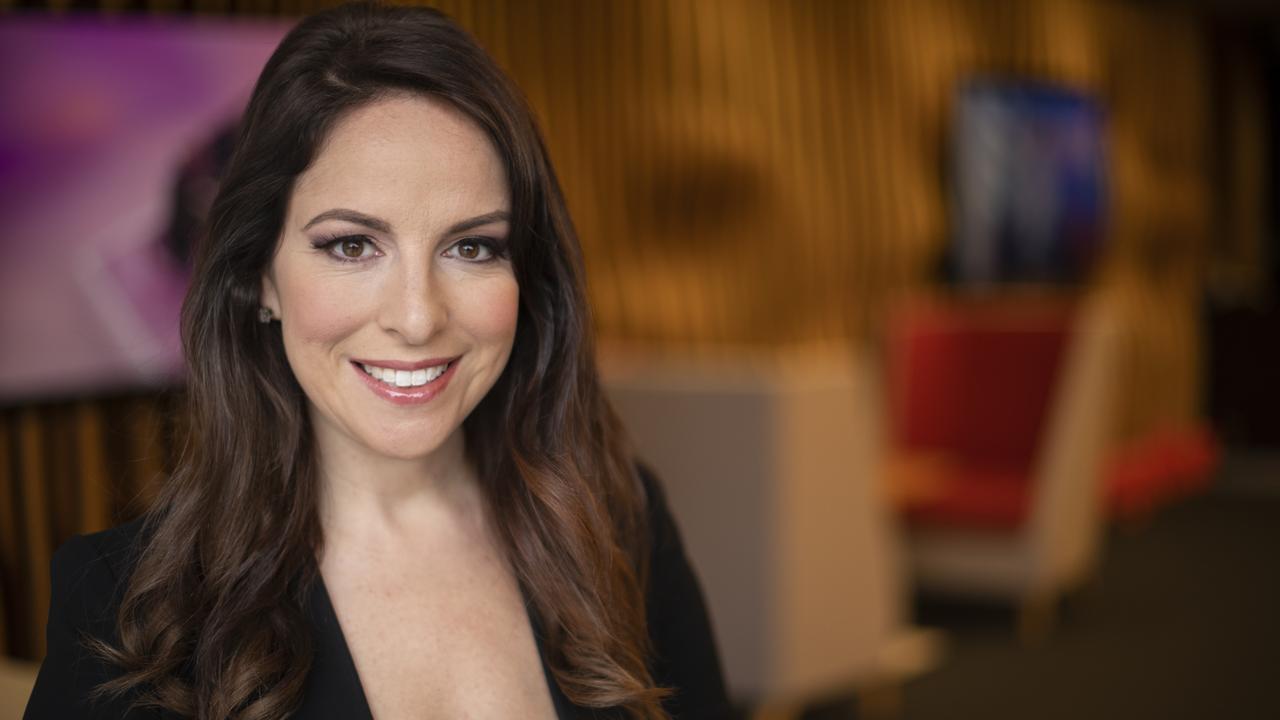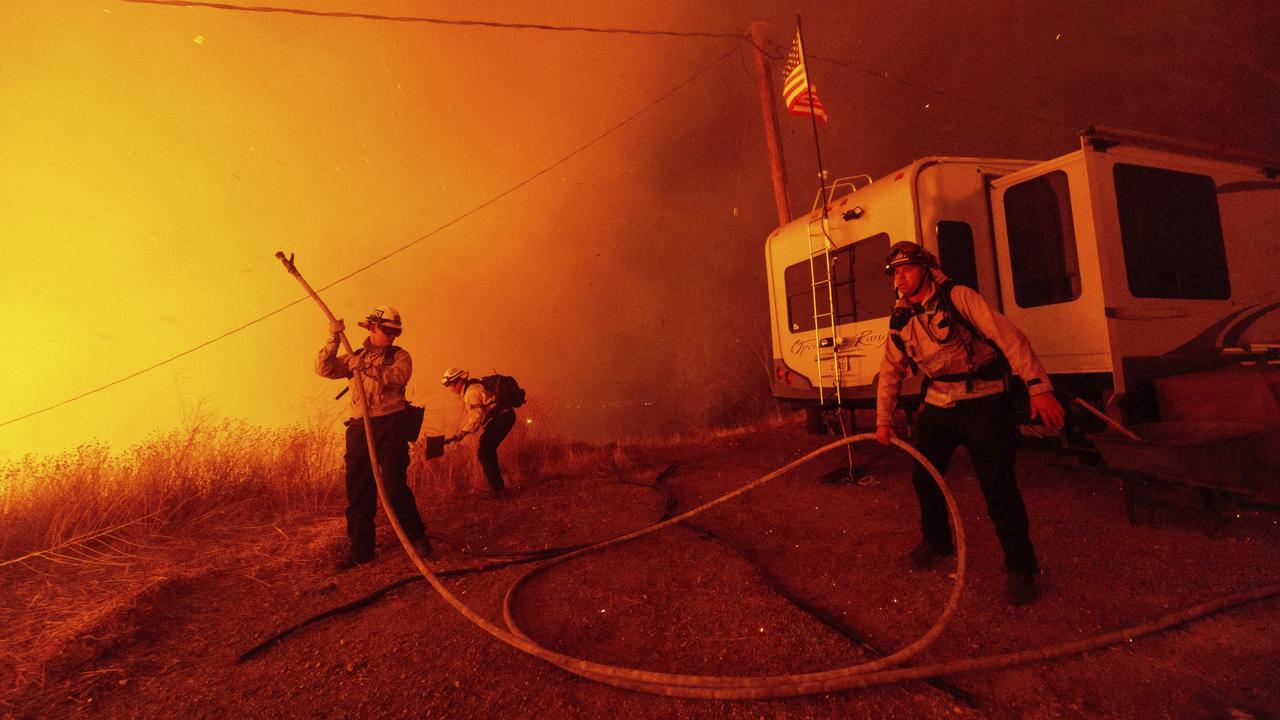For battlers, food prices matter more than voice to parliament
Sadly, the Indigenous voice to parliament vote may fail just because it is so far down the list of many people’s priorities.
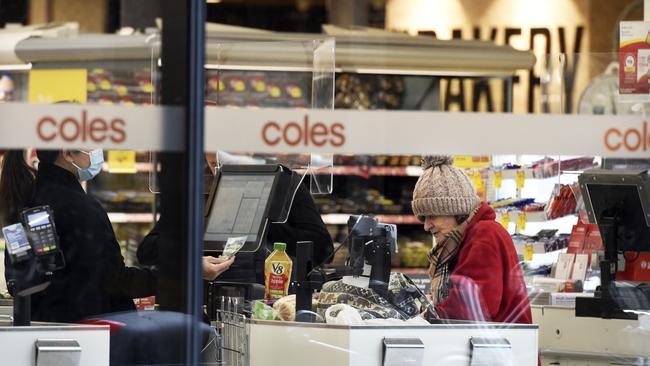
Away from those suburbs where sourdough bread sells for what the locals regard as a very reasonable $10 a loaf, parallels are emerging between the failed 1999 republican referendum and this year’s proposal to create an Indigenous voice to parliament.
Amid the toughest cost-of-living squeeze in a generation, the public is being asked to vote for something many of them don’t understand and that they also suspect may be unwieldy and expensive.
It is seen as something that has no bearing on their day-to-day lives. Yet it is receiving an inordinate amount of attention from politicians across the divide – politicians who voters believe in the current climate should be wholly focused on tackling day-to-day cost-of-living issues.
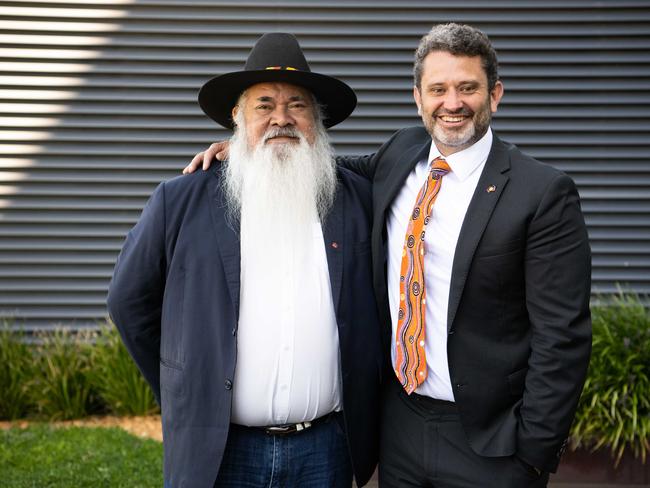
I say none of this as an opponent of the voice. I am in favour of it. While it doesn’t matter what I think, it matters what I hear. And right now, if there is a groundswell in favour of making this constitutional change, it is not one I’ve detected working full-time on a talkback radio station with a large suburban and regional audience, many of whom are low-paid or welfare-reliant.
Mainstream discussion of the voice falls into three categories: muted pockets of support from Labor-aligned listeners; isolated but intense hostility from conservatives; and significant ambivalence and confusion from everyone else.
We have had many discussions about it on the radio, with advocates such as South Australian Attorney-General Kyam Maher who successfully steered through Australia’s first parliamentary voice legislation last Sunday. Maher always puts the case well for SA’s more modest version of the voice, which involves no change to the SA Constitution and could be repealed by a future government, and which has been clearly written to state that the voice has no veto power or binding authority on the SA parliament.
We have spoken to critics such as SA Liberal senator Kerrynne Liddle who, against the backdrop of the Alice Springs mayhem, made a devastatingly timed and passionately argued case against what she regards as futile symbolic gestures.
During our chat with Dean Parkin, the From the Heart campaign director, the best thing he did was to aim squarely at cost-of-living concerns, saying a key argument for the voice was that it wouldn’t cost Australia money but would save Australia money.
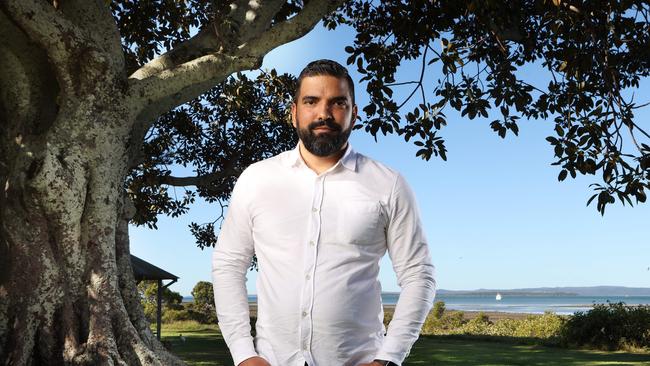
Parkin said Aboriginal people knew more about the misuse of taxpayer dollars than anyone because they had seen program after program devised by well-meaning outsiders fail on the ground because communities had not been consulted.
The truth, though, is that for every positive appearance made by someone such as Parkin, there have been several annoying news items about the latest brawl du jour involving the agreed wording of the steering committee, or some bombast from the Prime Minister or Opposition Leader over the level of detail.
The most striking feature of the feedback to these on-air voice discussions is not the few messages from supporters or brickbats from detractors, but the fact so many people clearly have no interest in the topic at all, and will even text or call telling us to shut up and talk about something else.
Their sense of indifference becomes more pronounced, and angrier, when they hear the most senior politicians talking about the voice. When we have discussed it with Premier Peter Malinauskas we get pelted with messages asking if he has fixed ambulance ramping, the as-yet spectacularly unfulfilled key promise of his election victory last March.
When we play grabs of Anthony Albanese talking about the voice in question time, listeners want to know how his promise to cut $275 from our power bills is coming along. I wonder also whether the sight of Albanese choking back tears as he announced the voice model helped or hindered the cause. I base that on texts from listeners saying they can’t remember the Prime Minister crying when they got their last power bill from AGL.
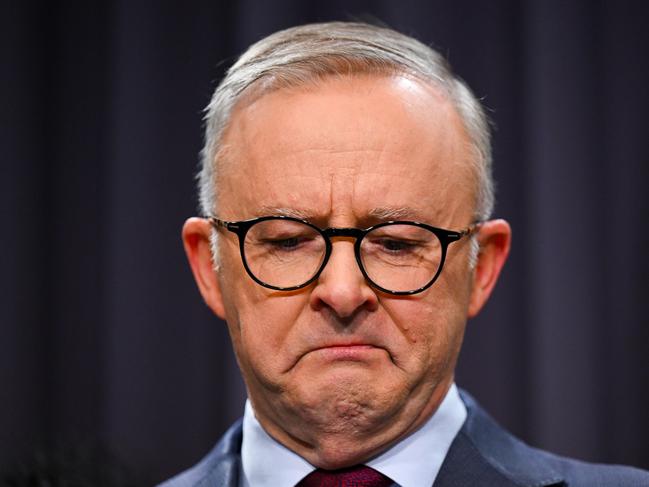
It is almost as if discussing the voice is regarded by listeners as an insult when they have got so much on their plate.They simply don’t want to hear about it.
In contrast, I told a mundane, throwaway anecdote on air last month about a trip to the supermarket to buy some snow peas for our kids’ school lunches, and when I got to the counter almost audibly swore on being told they cost $9.50 a pack. There were 17 of them in the pack, which works out at 55c a snow pea. Cue a three-hour avalanche of texts and calls from listeners about how they’re copping it in the neck every time they go to the checkout or open a bill.
It’s not so much that people think the voice is a complete waste of time, more that it is consuming so much time as to be an indulgence. That sense of indulgence has become worse as it has become bogged down as a parliamentary battle.
This might be the great tragedy of the voice, that something that started life as a grassroots, Indigenous-led exercise aimed at forcing material change for our most impoverished Australians has instead become a party-political slanging match fought largely by white people.
This referendum does not have the feel-good vibe of 1967, blessed as it was by bipartisanship, when almost 91 per cent of the nation rallied behind the pleasant if paternalistic slogan: “Vote Yes to Aborigines”. It feels more like 1999; that is, an unpleasant and close-run thing, replete with small-L liberal types deriding No voters as racists and plebs, in the same way the republican in-crowd in 1999 dismissed the No camp as forelock-tugging colonial sycophants – as opposed to, say, people who were simply happy with the status quo.
And as was the case in 1999, I have a sense that if Australia does vote No, it will come as a massive surprise to the Yes advocates who don’t know or choose not to associate with people like many of our listeners, people who aren’t giddy with excitement about this proposed constitutional change, but focused on making ends meet.
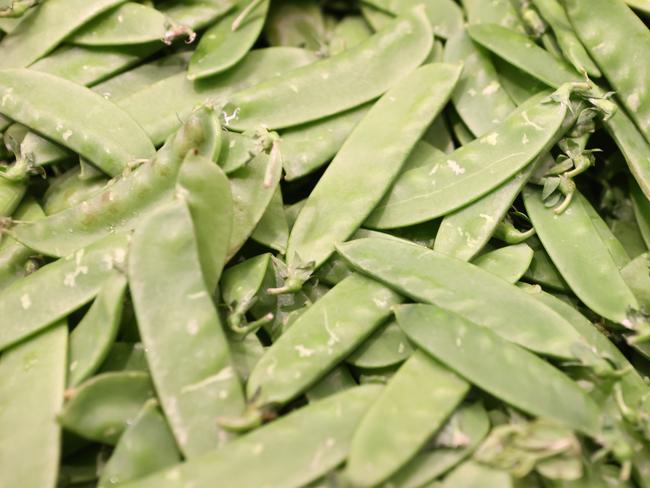
One text to the show last Thursday from a listener called Mark said this: “In my social group, nobody but one person will vote Yes to the voice. We don’t know what this is about but there is a lot of discussion of how much everything costs.”
In the months leading up to the 1999 referendum, John Howard hosted a dinner at Kirribilli House for a bunch of Sydney media types.
One of the old scribes at the table asked the prime minister for his predictions as to how states other than NSW would vote, saying that we could all presume NSW would be voting Yes.
“Whoa, whoa,” Howard said. “What makes you think NSW is voting Yes?”
Howard pointed to a vox pop about the referendum in that day’s Daily Telegraph with the Parramatta Eels cheerleaders, where a dozen of the girls had been asked for their thoughts on becoming a republic. Four said they were a definite Yes, two weren’t sure, the other six said they didn’t understand it or thought it was a waste of time and money and would be voting No.
Howard called the result there and then. “If the Parramatta Eels cheerleaders are voting No, NSW is voting No,” he declared accurately.
It was a superficially whimsical observation, but one that had at its heart an astute political truth habitually forgotten by progressives – if you want to get a sense of the national mood, go beyond Glebe and Brunswick to take the pulse of the people.
The Eels axed their cheerleaders on feminist grounds in 2021, meaning this handy focus group is no longer at our disposal. Based on what I am hearing, I am not convinced they’d have the pompoms out for this year’s Yes vote.
David Penberthy is the South Australia correspondent and
co-host of Adelaide’s FiveAA Breakfast Show.


